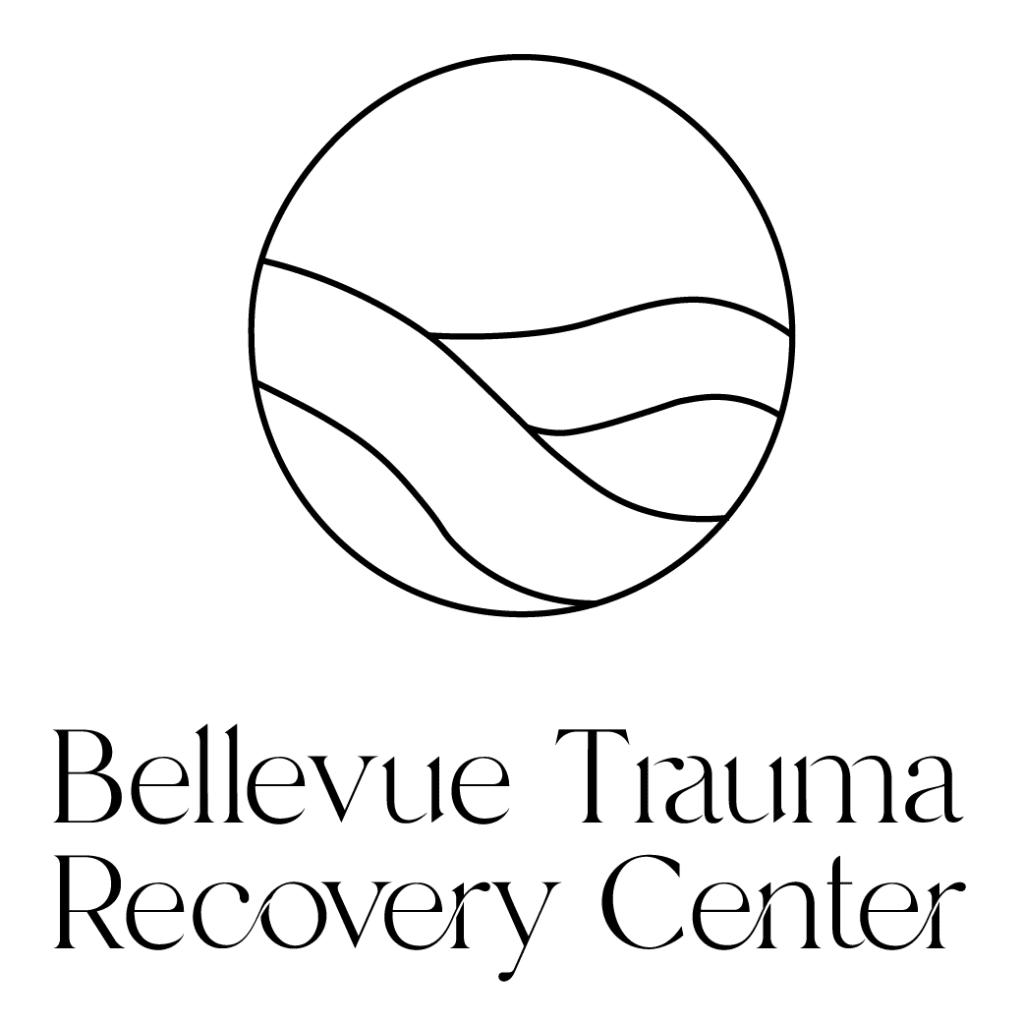Therapy for Emotional Abuse


Emotional Abuse
Emotional abuse is not as easy to spot as physical abuse, but oftentimes its effects can be just as traumatic. Emotional abuse can involve a wide range of tactics, including gaslighting, shaming and manipulation. All of these are intended to leave the victim feeling confused, powerless and hopeless.
Typically people suffer from long-term or short-term emotional abuse, and depending on the length of time, there can be varying mental health effects.
Long-term emotional abuse happens over many years. Examples are a child growing up in a home with an alcoholic parent or a sibling with anger issues. Or, someone may find themselves in a marriage with a narcissistic partner.
Short-term emotional abuse can result from a nasty exchange with a stranger or micro-interactions with colleagues or neighbors.
The following are some short-term and long-term effects of emotional abuse:
Short-Term Effects
- Isolation or a sense of deep loneliness
- Self-doubt
- Shame
- Confusion
- Low self-esteem
- Anxiety connected with social interactions
- Feelings of powerlessness
Long-term Effects
- Tendency toward a depressed mood or negative emotions like anger
- Chronic stress
- Physical health issues like muscle tension and shortness of breath
- Attachment issues
- Apathy
- Eating disorders
- PTSD (post-traumatic stress disorder) or C-PTSD (complex post-traumatic stress disorder)
With Therapy for Emotional Abuse ...You Can Heal
With time, patience and plenty of self-compassion, it is very possible to heal from the trauma of emotional abuse. Working with a mental health professional who has been trained specifically to help people who have been the victim of emotional abuse is a great starting point.

